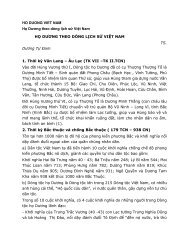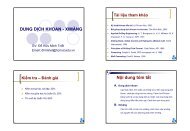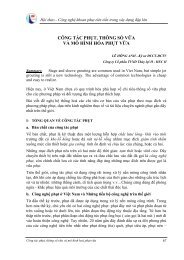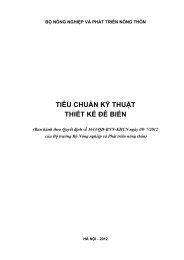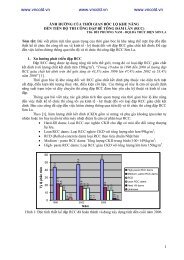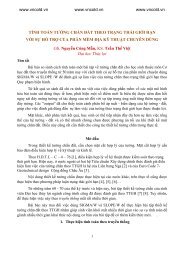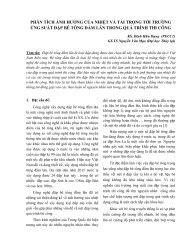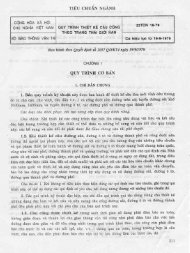Civil Engineering Project Management (4th Edition)
You also want an ePaper? Increase the reach of your titles
YUMPU automatically turns print PDFs into web optimized ePapers that Google loves.
The resident engineer’s office records 149<br />
Inspectors’ records are invaluable for dealing with claims from a contractor<br />
for delay, disruption, lack of instructions, or ‘uneconomic working’. These are<br />
all difficult to handle if only general progress charts are available.<br />
The site diary is a day-to-a-page diary which notes matters not on inspectors’<br />
daily returns, such as weather, visitors to site, meetings held. Weather records are<br />
important, but need not be strictly meteorological. It can suffice to note weather<br />
which affects work, for example, stoppages due to rain or snow; freezing conditions<br />
that can affect concrete; showers interrupting concreting; excessive heat<br />
causing over-drying of concrete, etc. A note such as ‘Heavy showers interrupting<br />
concreting’ can, for instance, be the explanation for leaks found later in the<br />
concrete walls of a tank which appear to be due to poorly compacted concrete.<br />
The RE’s diary is not easy to keep. The aim must be to record events not<br />
recorded elsewhere, such as decisions on problems; comments made by the<br />
employer or specialist advisers; and important telephone calls. When things get<br />
in a tangle and misunderstandings occur, it can be particularly important to be<br />
able to say, with certainty, when a discussion or telephone conversation took place.<br />
It depends on the style of operation of the agent how meetings with him are<br />
recorded. Formal meetings (usually over claims) have to be minuted and<br />
agreed. But many informal discussions will take place between an agent and<br />
the RE. It is not usual to minute these. A good agent will often discuss some<br />
problem with the RE; and if this leads to some oral agreement or instruction<br />
from the RE, the agent will not act otherwise. All the RE needs to do is to make<br />
a note in his diary of any matter decided.<br />
Many a job is run almost entirely by oral discussion and agreement<br />
between RE and agent, without any need to record what was decided. However,<br />
when a complicated series of decisions has been agreed upon, a written<br />
list of these might be supplied to the agent so that the staffs of either side<br />
know what to do. In other unfortunate cases where an agent makes things<br />
difficult and takes every opportunity to lodge a claim, it may be necessary to<br />
confirm every instruction in writing.<br />
The weekly report is commonly sent to the engineer. A typical example is<br />
shown in Fig. 13.2. A monthly report should be sent to the employer, primarily to<br />
inform him of progress to date. A draft of this is usually sent to the engineer, for<br />
him to amend as necessary and send under his own hand to the employer. On<br />
overseas sites, weekly reports are not usually adopted; instead a monthly report<br />
will go direct from the RE to the employer with copies sent to the engineer.<br />
13.6 Quantity records<br />
For admeasurement contracts, measurement of quantities of work done will<br />
be one of the most important tasks undertaken by the RE and his staff. Two<br />
essentials for any system are:<br />
• it must be possible to ascertain from the records what has been measured<br />
and what has not been measured;




